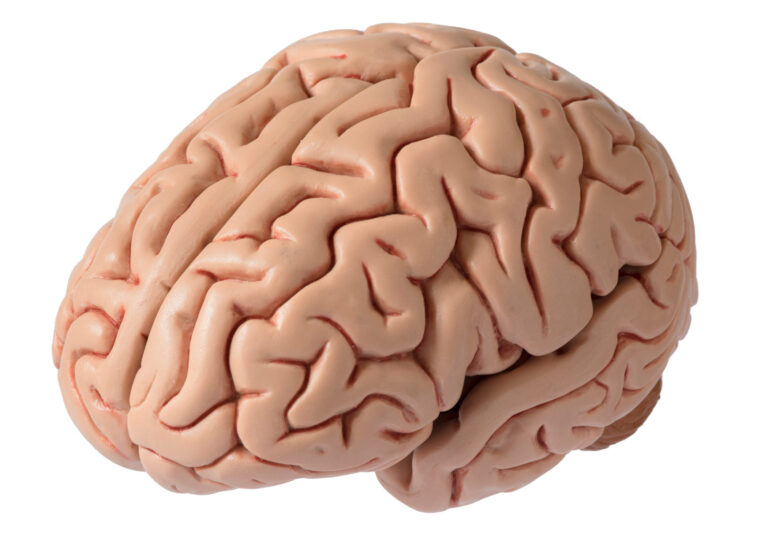Dementia is a chronic and progressive neurological disorder that affects millions of people worldwide. It is characterized by a decline in cognitive functions such as memory, thinking, and communication. While there is no cure for dementia, there are various treatments and therapies that can help manage the symptoms and improve the quality of life for those affected by the condition.
One factor that can significantly worsen dementia symptoms is infections. Infections can be caused by viruses, bacteria, fungi, and other microorganisms that enter the body and disrupt its normal functions. These infections can occur anywhere in the body, including the respiratory tract, urinary tract, and even the brain. When an infection happens, it triggers an inflammatory response from the body’s immune system to fight off the invading microorganisms.
In a healthy individual, this inflammatory response is crucial in fighting off infections. However, in people with dementia, this response can have serious consequences. The brain and nervous system are highly sensitive to inflammation, and any disruption can cause a significant decline in cognitive functions.
One of the ways infections can worsen dementia symptoms is by causing delirium. Delirium is a state of acute confusion that is common in older adults, especially those with underlying neurological conditions like dementia. Infections can trigger delirium through several mechanisms. Firstly, microorganisms can directly affect brain cells and cause changes in brain chemistry, leading to confusion and disorientation.
Secondly, infections can cause dehydration and electrolyte imbalances in the body, which can also affect the brain’s functioning. Lastly, the body’s inflammatory response to an infection can produce high levels of cytokines, which are proteins that can cross the blood-brain barrier and cause cognitive impairment.
Another way infections worsen dementia symptoms is by increasing agitation and aggression. People with dementia are already prone to agitation due to the damage to their brain cells and difficulty in processing information. Infections can further exacerbate this agitation and cause behavioral changes like aggression, restlessness, and irritability.
Infections can also cause a decline in physical functioning in people with dementia. When the body is fighting off an infection, it diverts its energy and resources towards the immune response, leaving less energy for other bodily functions. This can worsen motor skills and coordination in people with dementia, making it challenging for them to perform daily tasks like eating, dressing, or walking.
Moreover, infections can also cause a decline in appetite and nutrition in individuals with dementia. The body’s inflammatory response to an infection can suppress appetite and make it difficult for people with dementia to eat or drink enough fluids. Malnutrition can further worsen cognitive functions and lead to a weakened immune system, making it easier for them to catch more infections.
Apart from worsening dementia symptoms, infections can also have severe consequences in people with dementia. For instance, pneumonia is a common infection that can occur in people with dementia due to their weakened immune system and difficulty in swallowing. Pneumonia can cause respiratory distress, confusion, and even death in individuals with dementia.
So how can we prevent infections from worsening dementia symptoms? Firstly, it is crucial to maintain good hygiene practices to prevent the spread of infections. This includes washing hands regularly, avoiding contact with sick individuals, and following proper food handling techniques.
Secondly, it is essential to monitor any changes in behavior or cognition in individuals with dementia, as this could be an early sign of an infection. Seeking prompt medical attention and getting proper treatment can prevent the infection from worsening and causing serious complications.
Lastly, keeping up with routine vaccinations is crucial in preventing infections in people with dementia. Vaccines for diseases like influenza and pneumonia can significantly reduce the risk of these infections and their associated complications.
In conclusion, infections can significantly worsen dementia symptoms and have severe consequences on the overall health of individuals with the condition. It is essential to understand the link between infections and dementia and take necessary measures to prevent and manage infections in people with dementia. By maintaining good hygiene practices, monitoring for changes in behavior and cognition, and getting timely medical treatment, we can reduce the impact of infections on those living with dementia.




